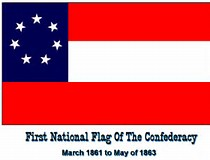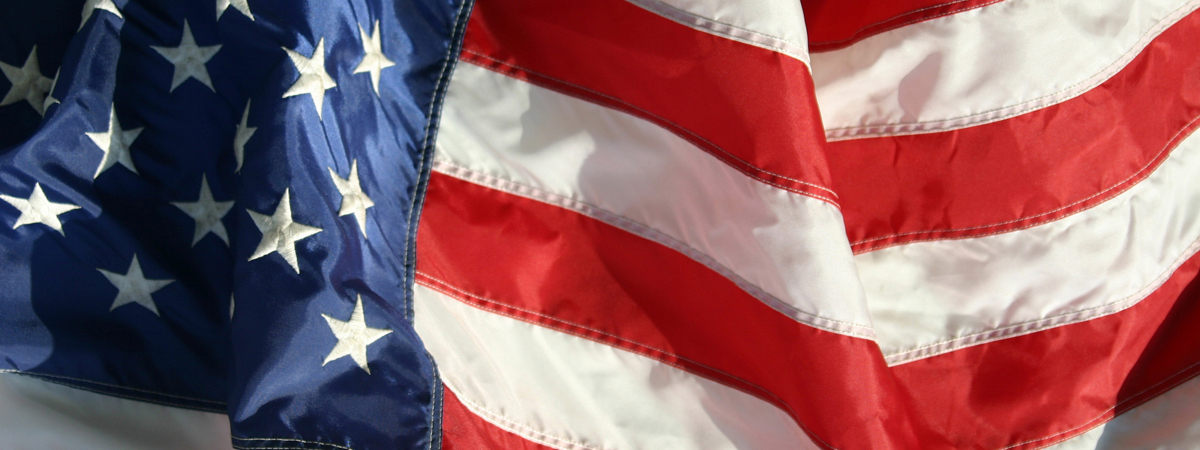As a historical archaeologist, a large portion of my education was in history. History was always my favorite subject in school, likely due to some excellent teachers in that subject. The American Civil War is the most interesting period of history to me and has been for many years. I’ve been fortunate to have visited several Civil War battlefields and museums, and I’ve even gotten to do archaeology on a few. No period in history has left such an indelible mark on our culture, especially for those of us who grew up in the South. My own ancestry includes at least one Confederate soldier and probably one Union, but I haven’t been able to prove it yet. Those four years changed everything, some for the better and some for the worse. The battles and military strategy are fascinating, but it’s the people which interest me the most. Sure, Grant and Lee and their subordinates have volumes written about them and rightly so. But the people who you don’t read about in books also have a story to tell. The common soldier who left his family farm and traveled to town to enlist, then went to fight in places he had never heard of for causes he may not have fully understood, he’s what intrigues me. What causes a man to leave his home and go fight, fight against his countrymen and possibly his own relatives? For the Confederate soldier, he knew his home and life as he knew it were being threatened and that was cause enough.
Politically, there is little question that the issue of slavery was central among the causes of the war. It was not the only cause, but was certainly paramount among them. The many issues, political, social, and economic, that brought on the war are beyond the scope of this article, but may be discussed in a future contribution. Unfortunately, history is written by the victor, so the war today is often taught and understood as a fight between the noble Union that only wanted to free the slaves and the wicked Confederacy, which only existed to preserve slavery. This is a gross over-simplification of the issue. Slavery had little direct impact on the lives of most men who fought for the Union. There were many soldiers who considered themselves abolitionists, but that was not necessarily their reason for joining the fight. The primary goal of the Union forces was to prevent the division of the United States. Abraham Lincoln made this clear in an 1862 letter to Horace Greeley, editor of the New York Tribune, where he stated:
My paramount object in this struggle is to save the Union, and is not either to save or to destroy slavery. If I could save the Union without freeing any slave I would do it, and if I could save it by freeing all the slaves I would do it; and if I could save it by freeing some and leaving others alone I would also do that.
The January 1, 1863 Emancipation Proclamation freed the slaves held in the Confederate states, but did nothing for those in the border states. It was as much Lincoln taking advantage of a political situation as it was a noble effort to free enslaved human beings. I do not mean to minimize the impact of the Emancipation Proclamation, only to point out its political value.
For the Confederate soldier, he likely as not owned no slaves. Estimates vary wildly, but it appears that approximately one third of soldiers in the Confederate army were from slave-owning families. It would be interesting to know what number of slave owners were officers versus enlisted men, but that is research for another day. Slavery was an integral part of the Southern economy, so yes, the preservation of slavery was important to many Confederate soldiers and was most definitely a central cause of the War.
The difficult question is how do we view Confederate soldiers and their leaders through the lens of history? Were they inherently evil men fighting for an evil cause? Were they heroes who fought and died trying to protect their homeland and way of life? This question is still hotly contested even 152 years after the end of the War. As a historian (at least partly), it is my opinion we must view the behavior of people from a perspective of the time in which they lived. We can all agree today that slavery was a horrible, evil practice. It is a shameful, ugly scar on our collective past. But in 1861, it was an economic reality for those who relied on the production of cotton and other agricultural products, particularly in the Deep South. For the Confederacy, the Civil War was about slavery in much the same way the Gulf War was about oil. Most wars are fought over threats to the economic well-being of the combatants. The fact the Confederate economy depended on slave labor does not make the practice any less reprehensible, but it does provide context for why thousands of young men were willing to suffer what they did.
Sadly, modern political correctness dictates all things Confederate to be inherently evil. People who express pride in their Confederate ancestors, or even their Southern heritage, are labeled as ignorant racists intent on glorifying slavery. It is no longer acceptable to display the Confederate flag. A note here to point out that most people have no clue how the true Confederate flags appeared. The flag which gets everyone fired up is the battle flag, the so-called “Southern Cross” (featuring the St. Andrew’s Cross), not any of the three official national flags or the Bonnie Blue flag. Even states such as Georgia and Mississippi, which had flags featuring the Saint Andrew’s Cross, have been pressured to change or stop displaying them. I was angry to see my home state of Georgia caved under the pressure, but I was very proud of the response. The new flag looks like nothing so much as the First National Confederate flag! The critics of the original Georgia flag were too ignorant to even notice!


The whole flag thing was bad enough, but now they’re after Confederate monuments. Municipal governments across the South are under pressure to take down statues of Confederate generals and soldiers and to change the names of streets, schools, and buildings named for them. New Orleans has caved and is even now removing statues of Lee, Beauregard, and Davis. This is a dangerous over-reaction. While it makes the politically correct crowd feel good about themselves, like they’re somehow atoning for the sins of the past, hiding the history of the Confederacy and its people is short-sighted and ignorant. Where does it end? Are we to remove the Confederate monuments and memorials from Gettysburg? Should the statue of Lee on Traveler on the spot where he met his shattered army after Pickett’s Charge be taken down? What about the Confederate soldiers who are buried in Arlington and other national cemeteries? Why not dig them up and hide them away somewhere? I contend there is no difference as these monuments serve the same purpose. They remind us of our ancestors, of their accomplishments, and their faults. Lee was a great man and general, whose tactics are still being taught in military academies across the country. But like every human, he was flawed. The fact he owned other human beings should not be minimized or ignored, but it should be understood in the context of the time in which Lee lived.
Today’s proponents of this revisionist history appear to take it for granted I have no right to be proud of my Southern roots. I beg to differ! I am proud of my Southern ancestry, including those who served the Confederacy. My great-great-great grandfather, John W. Hardy, served in the 40th Georgia Infantry and was captured north of Atlanta. He was then taken to a Union POW facility in Ohio called Camp Chase, dying there from the small pox he contracted before being taken prisoner. He never owned slaves. I am proud of his service, and of the courage he displayed while fighting to protect his home. I would almost certainly disagree with many of his opinions about people and why he was fighting, but I’m proud he did it. It isn’t right to deny us our history and it frustrates this American to see so much effort being put forth to do just that. If we’re all supposed to get along and all supposed to be equally important, it makes no sense to marginalize the 25% of the country’s population inhabiting the South.
In closing, I will leave you with the inscription on the Confederate Memorial located at Arlington National Cemetery (yes, Arlington). The memorial was placed in the early 20th century during a time of reconciliatory feelings between the federal government and former Confederate soldiers. Think about these words the next time you start to cheer the removal of someone’s history.
Not for fame or reward
Not for place or for rank
Not lured by ambition
Or goaded by necessity
But in simple
Obedience to duty
As they understood it
These men suffered all
Sacrificed all
Dared all-and died
As always, patient reader, I welcome your feedback, good or bad, on this article. Feel free to comment, but please keep it logical and civil. I hope you’ll share TFA with your friends. Thanks for reading!
